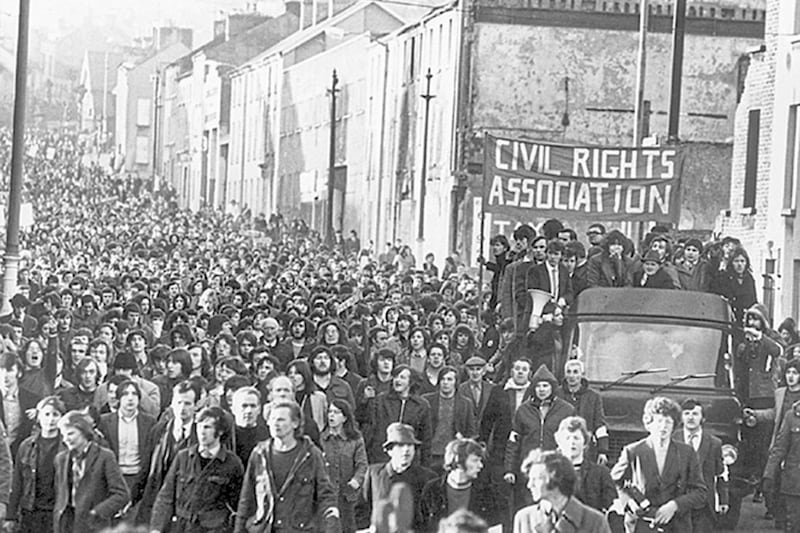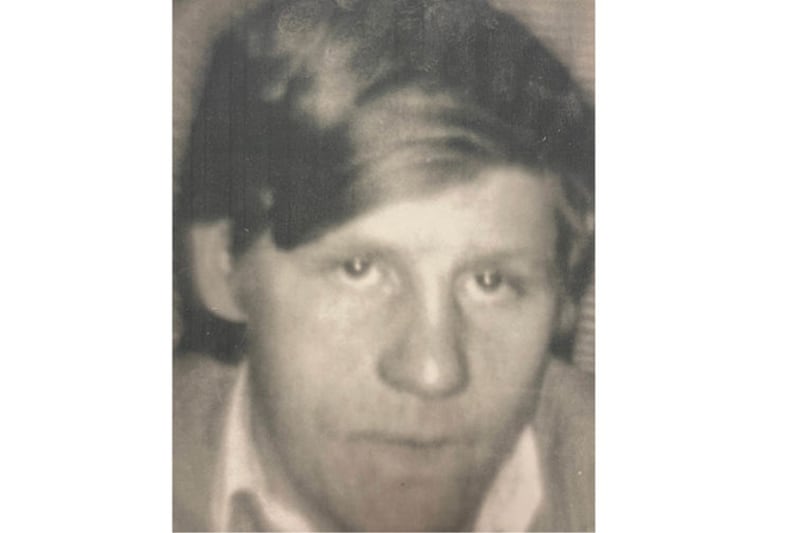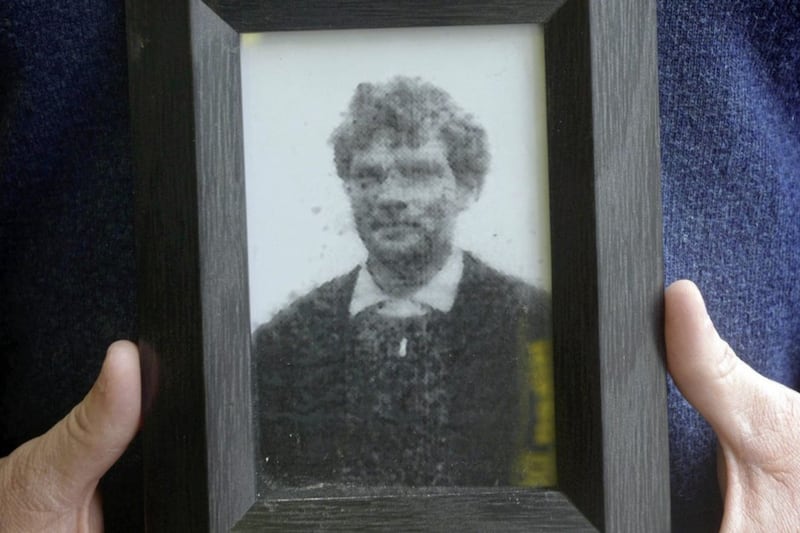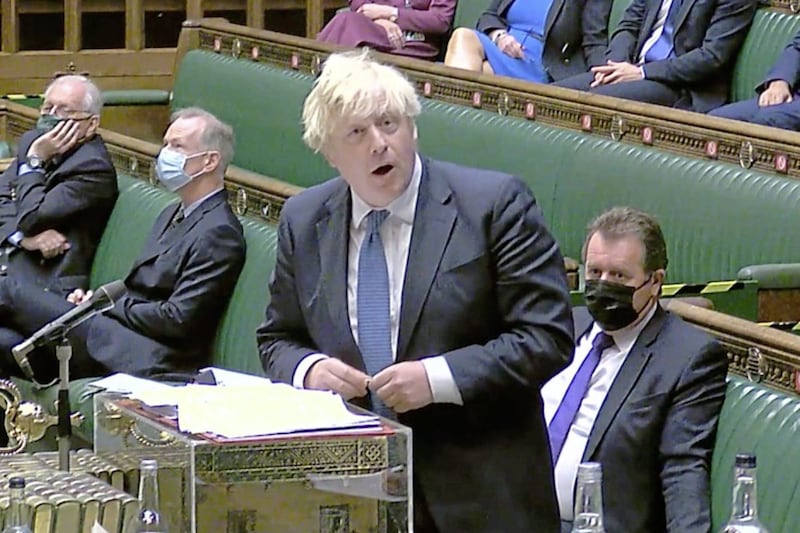THE Pat Finucane Centre (PFC) grew out of the Bloody Sunday Initiative which was set up in 1989 to campaign for a new inquiry into the January 1972 killings by the British army at a civil rights march in Derry.
Named in honour of Belfast solicitor Pat Finucane, who was shot dead by the UDA in 1989, the PFC was established to campaign on the wider human rights issue.
With its director Paul O’Connor at the helm, the organisation quickly came to the fore as a lobby and advocacy group, particularly for families of those killed or injured at the hands of the British state.
A non-party political organisation, it is partially funded by the Republic's Department of Foreign Affairs and the EU among other groups.
The PFC has offices in Derry and Newry and works closely with other organisations representing the families of those killed by the British army and RUC during the Troubles. The organisation has been to the fore in highlighting incidents of collusion between the state and loyalist paramilitaries.
The organisation promotes a non-violent ethos, based on the belief that the Troubles arose because of the British government’s failure to uphold Article 7 of the Universal Declaration of Human Rights that all are equal before the law and are entitled to be protected by the law.
On its website, the PFC states: “We act on behalf of families in approximately 250 cases and our remit is not restricted to any one community. Our focus is to offer support to any family bereaved as a result of the conflict on the island of Ireland.”
Working with other victims’ groups, the PFC has been involved in some of the most high-profile cases arising from the Troubles, including the Glenanne Gang murders, the Good Samaritan murders by the IRA in Derry in 1988 and children killed by security forces through the use of plastic bullets.
The PFC also led the long running campaign to clear the names of the so-called Derry Four, Gerry McGowan, Michael Toner, Stephen Crumlish and Gerard Kelly who were forced to jump bail as teenagers in 1979 after they were wrongfully accused of killing a British soldier.








